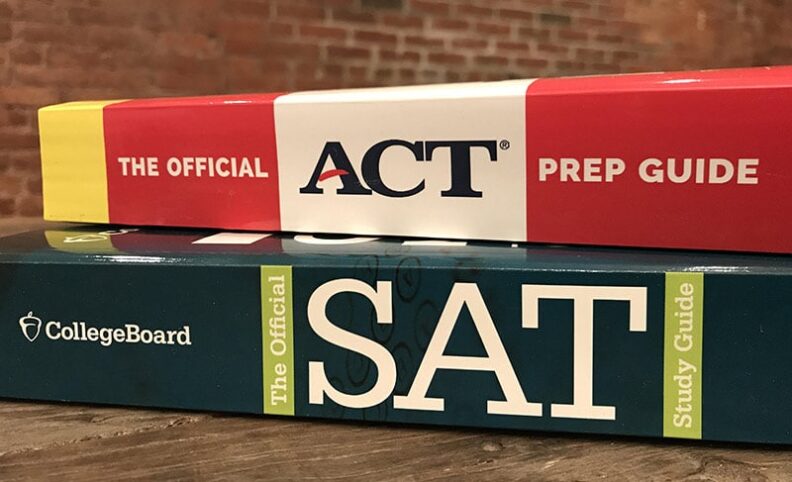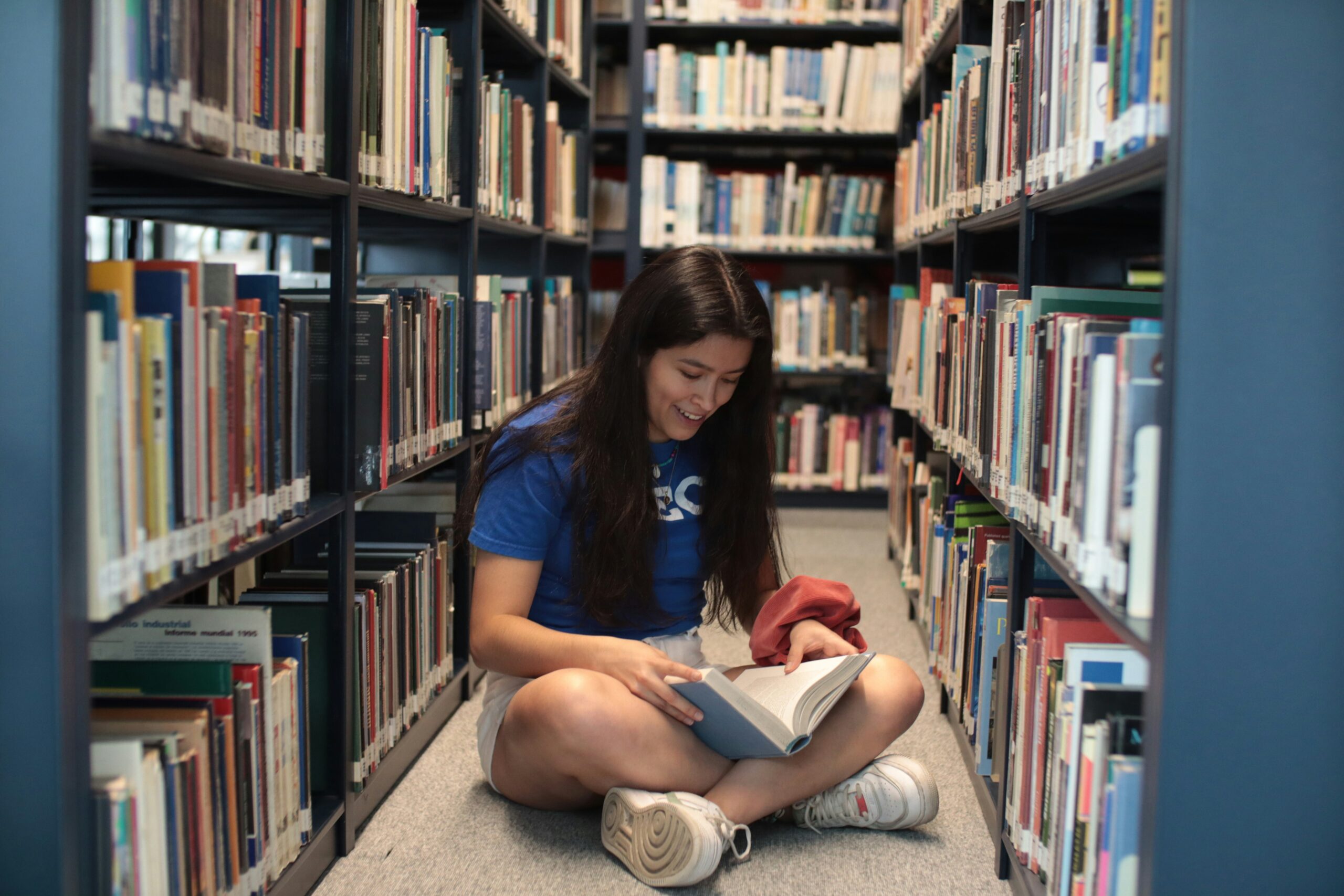Test Prep in the Real World
Test prep is oftentimes the bane of a high schooler’s existence. It’s usually relegated to the corner of a student’s life, while other commitments take priority. It’s easy for teenagers to see ACT/SAT tutoring as more work. It’s harder for them to see it as extra support for getting ready for post-high school life.
Seeing test prep only as a method to get the desired score is understandable and vital, but it can rob students of gaining more out of their efforts.
This is why, at Jamie the Scholar, we make sure that students see that what they’re learning is relevant to real-life situations. Here are three ways that students’ test prep efforts with our team help them even after they achieve their goal scores.
1. The Verbal Sections Train Students to Derive Meaning
As students study for the Verbal sections of their exams, they learn to grasp the main points of what they’re reading. This is a key way that people gain new knowledge, even as adults. As our lives become fuller, knowing the main ideas of what we read is how we know that we’re reading efficiently.
The more challenging questions, like the ones requiring inferences, push students to pay attention to what is unsaid. In addition, students have to process the information in front of them in order to arrive at their own conclusions.
This skill is like “reading the room” when you arrive at a social event. You walk in, there is a lull in the atmosphere, and everyone who’s there is silent, disconnected from each other, and on their phones— no one would need to tell you that people aren’t enjoying themselves, so you’d likely want to spend your time somewhere else!

2. The Math Sections Help Students Use Information to Their Advantage.

The Math sections help students to sharpen their logical thinking skills. In other words, they learn to leverage numbers and information in order to arrive at a specific result.
Just as students solve problems on these exams, they will continue to solve problems in their lives. Math-focused test prep sessions often exemplify this.
For example, both tests feature questions involving graphs, which require students to spot trends and make predictions. This is a skill that entrepreneurs use in order to predict future sales and growth trajectories of their businesses.
Along with data-related questions, the questions that focus on arithmetic help students work accurately with numbers. Shopping is the real-world context of this life skill because numbers-based reasoning is important for splitting a restaurant bill amongst friends or determining whether a concert ticket purchase fits into your personal budget.
3. Both Exams Help Students Think Ahead About College and Career Choice.
Students taking the ACT complete an Interest Inventory, which helps students to understand potential college majors and occupations that match their preferences. Similarly, students taking the SAT complete the Student Data Questionnaire, which asks about similar information.
Those results are then used for connecting students with scholarship opportunities and colleges that are a strong fit for them. These questionnaires give students a chance to remember their own preferences, aside from the influence and social comparisons involving their peers.
Achieving the goal score is the focal point of test prep tutoring, but gaining self-knowledge and refining real-world skills is how those tutoring hours benefit students even after they finish high school. Students can use those skills and self-awareness both now as teenagers and as adults making their way in the world.

Ready to Build Skills That Last Beyond Test Day? Work With Us!
At Jamie The Scholar, we prioritize both the numbers and the high-level abilities that equip students for life after high school. Our personalized approach helps students not only reach their goal scores, but also strengthen the real-world thinking skills they’ll need in college, careers, and beyond.
Whether your student is just starting their test prep process or aiming to hit a target score, we’re here to support them every step of the way.
Join the many families who have seen their teenagers achieve their goal scores and also grow in confidence and independence with our expert guidance. Contact us today to learn how we can help your student succeed — both on test day and in the future!





